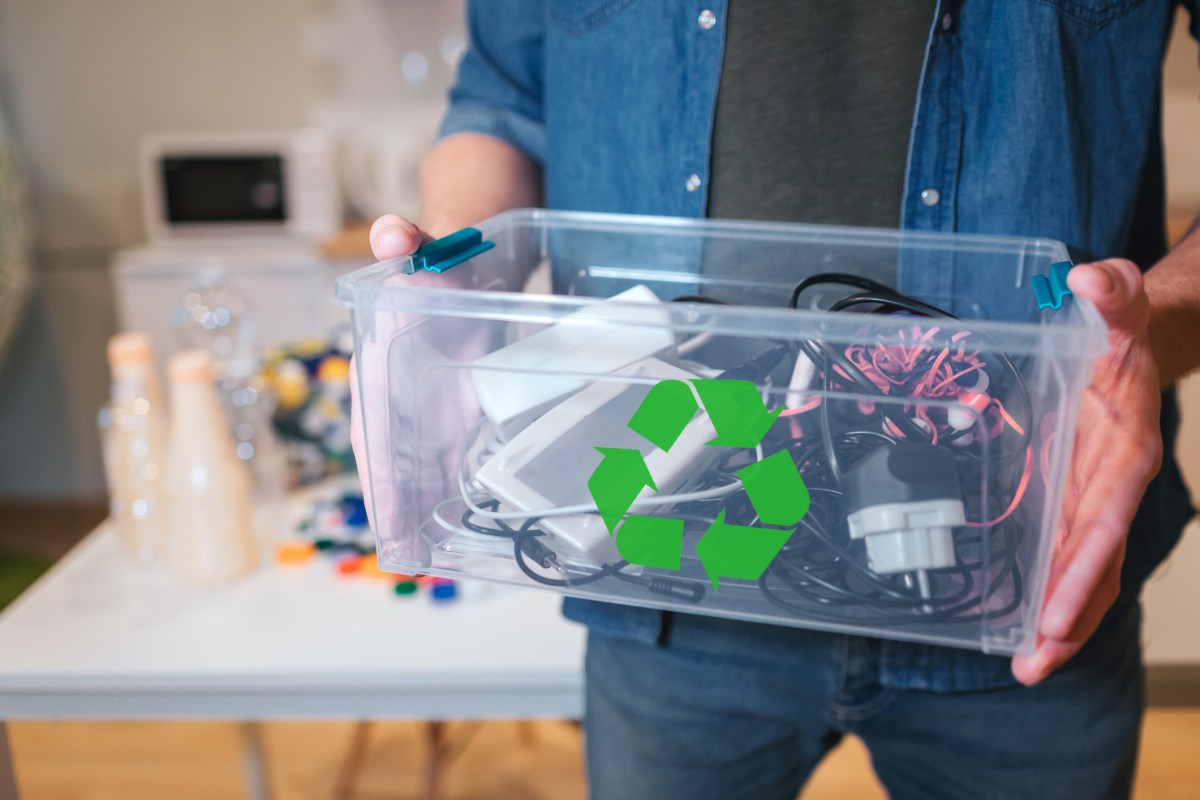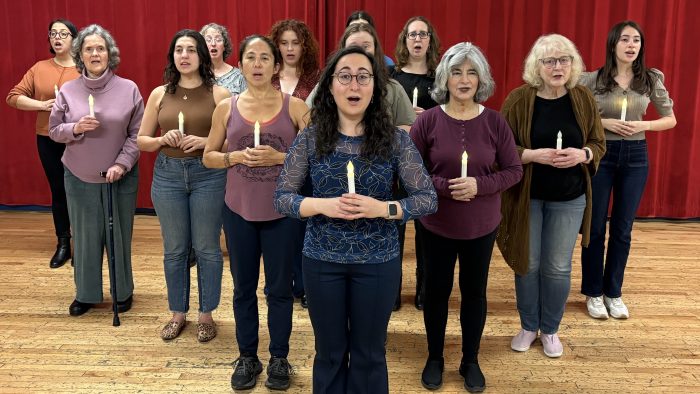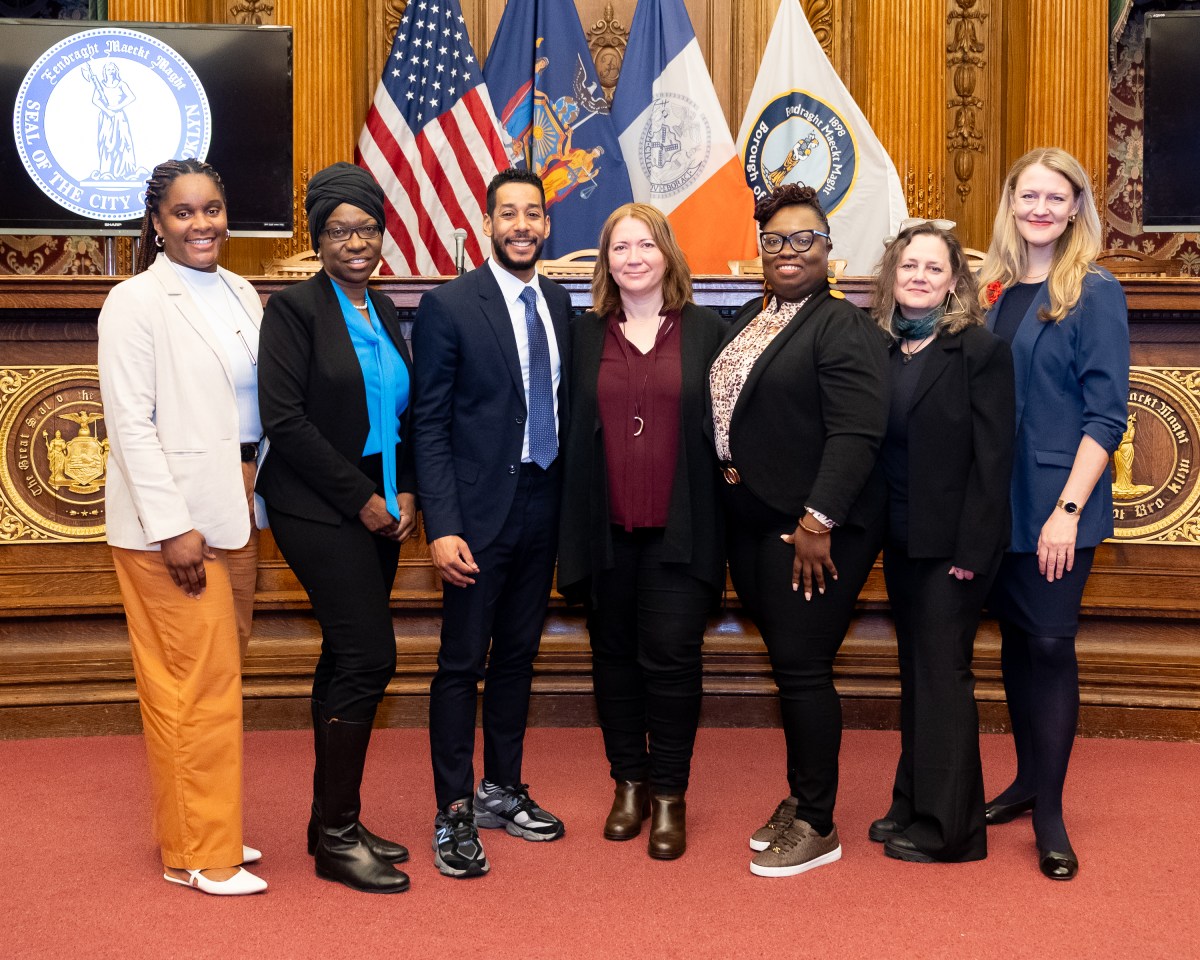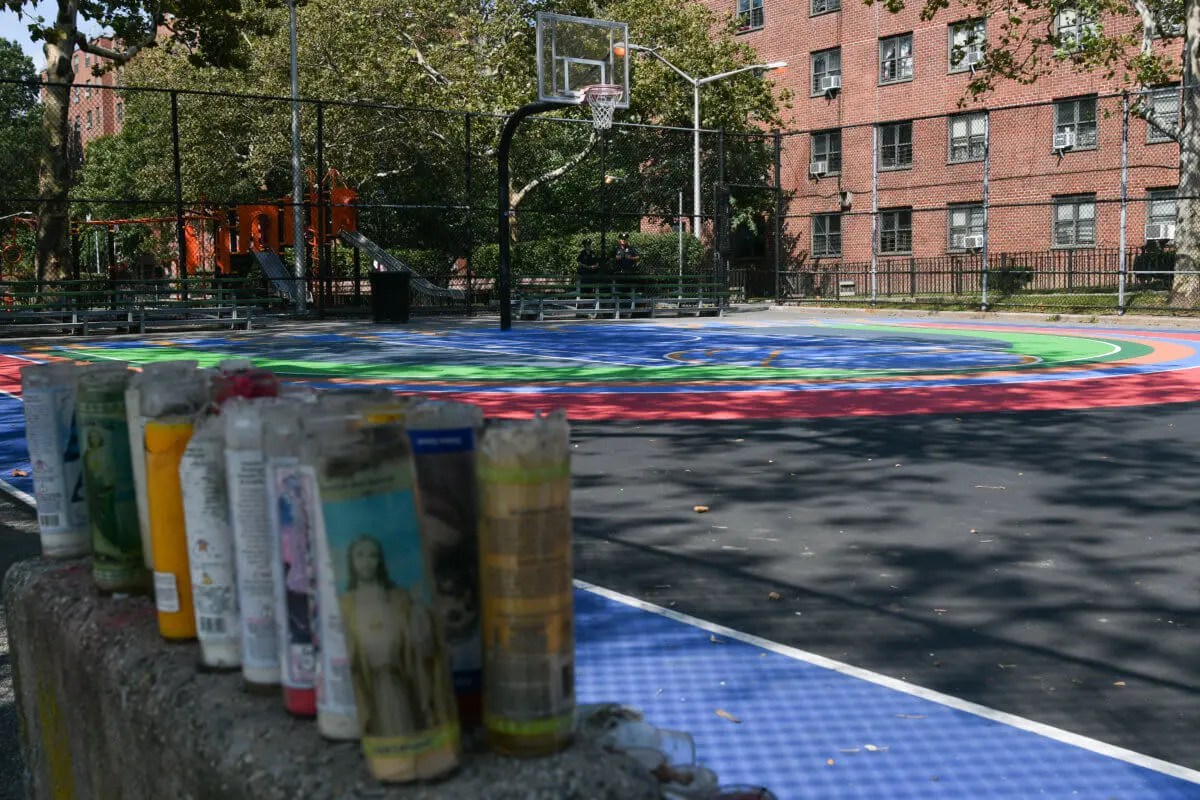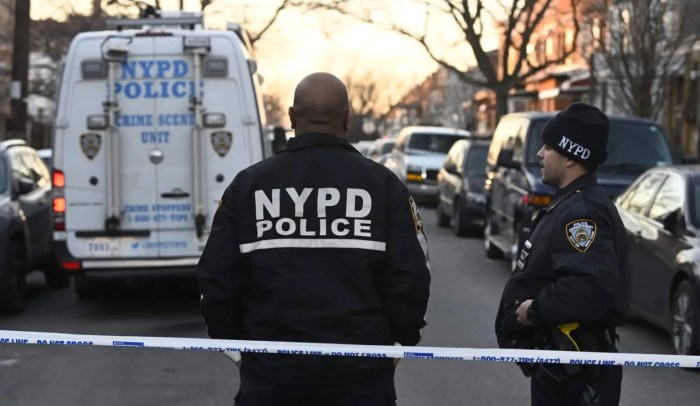New York City politicians are seeking legislation that would create a minimum threshold of recycling and composting sites across five boroughs, allowing for proper disposal of non-general waste.
New York City Council Members Keith Powers and Antonio Reynoso introduced the “Community Organics and Recycling Empowerment (CORE)” Act. If passed, this legislation would allow for the recycling of organic and inorganic recyclables not collected at the curb at mandated, proper disposal sites.
Intro 1942, sponsored by Powers, would require three drop-off composting sites in each community district. Intro. 1943, sponsored by Reynoso, would allow for the collection of recyclable materials such as electronics, which by State law cannot be disposed of into our general waste stream. If passed, the legislation would preserve or create 177 disposal sites across the city, and these sites will continue despite the city’s halt on curbside composting.
“New Yorkers want to do their part to make our city—and world—a better place. Even before this unprecedented crisis, we faced the compounding crisis of climate change,” said Council Member Powers. “The Community Organics and Recycling Empowerment (CORE) Act allows for us to do our part and keep taking action. Continuing composting and recycling across neighborhoods will ensure waste is disposed of in a way that is best for our environment, and for each other.”
In light of recent cuts to composting programs in New York City, 175 community sites have been shut down and curbside e-waste collection has been suspended, leaving the city’s residents without a green mechanism to dispose of this waste. By passing these bills, proper disposal methods and organics collection could be salvaged and also make it easier for the city’s curbside composting program to bounce back in the future.
The legislation will be reviewed at a future hearing of the Sanitation Committee.
“The devastation of the COVID-19 pandemic underscores that we must do all we can now to avoid the larger crisis that looms before us: climate change,” said Council Member Reynoso. “How we process the waste that we produce here in NYC is an essential complement of our City’s plan to reach our Zero Waste goals while supporting global sustainability efforts. In order for New York City to properly process its waste, residents must be given the ability to sustainably dispose of their waste. The Community Organics and Recycling Empowerment Act (CORE), introduced today by myself and Council Member Keith Powers, will allow New Yorkers to be able to sustainably dispose of their waste, despite the City’s pause on the curbside organics collection program, while achieving budget savings.”



